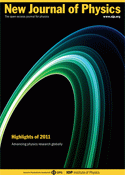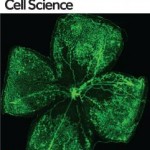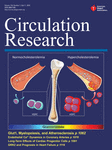 We’ve found another retraction for Erin Potts-Kant, a former researcher at Duke, bringing her total to 15.
We’ve found another retraction for Erin Potts-Kant, a former researcher at Duke, bringing her total to 15.
Yesterday we reported on two new retractions for Potts-Kant in PLoS ONE, which earned her a spot in the top 30 on our leaderboard. As with the others, the latest paper, in the Journal of Clinical Investigation, is marred by “unreliable” data.
Here’s the retraction notice for “In utero supplementation with methyl donors enhances allergic airway disease in mice“:
Continue reading Duke researcher adds another retraction in JCI, bringing count to 15
 A former postdoc at the University of Pittsburgh has admitted to committing research misconduct in published papers and in National Institutes of Health (NIH) grant applications.
A former postdoc at the University of Pittsburgh has admitted to committing research misconduct in published papers and in National Institutes of Health (NIH) grant applications.






